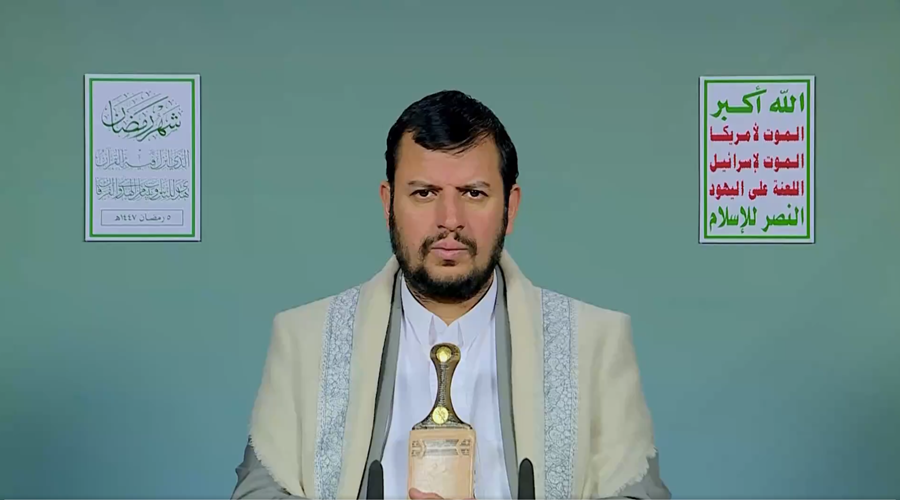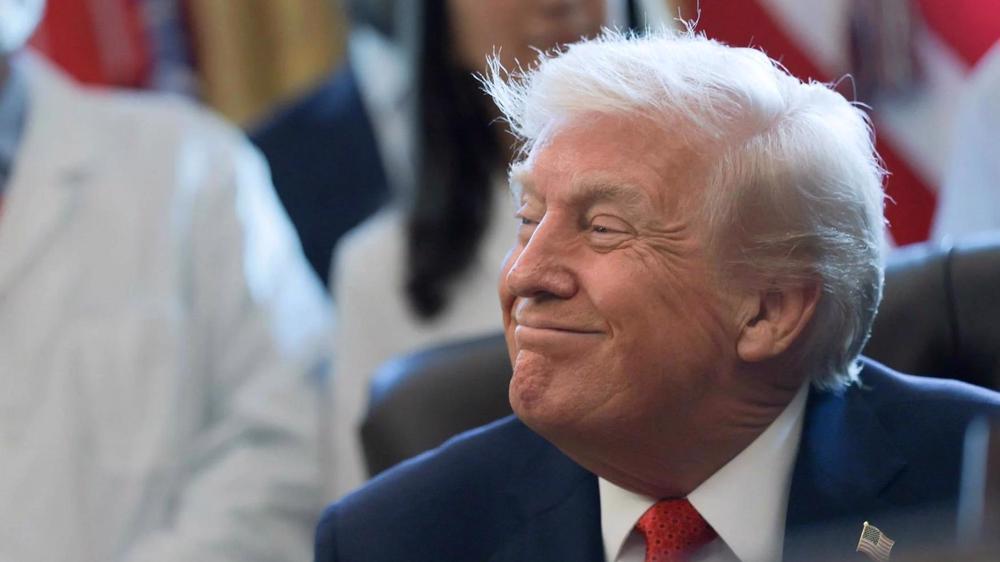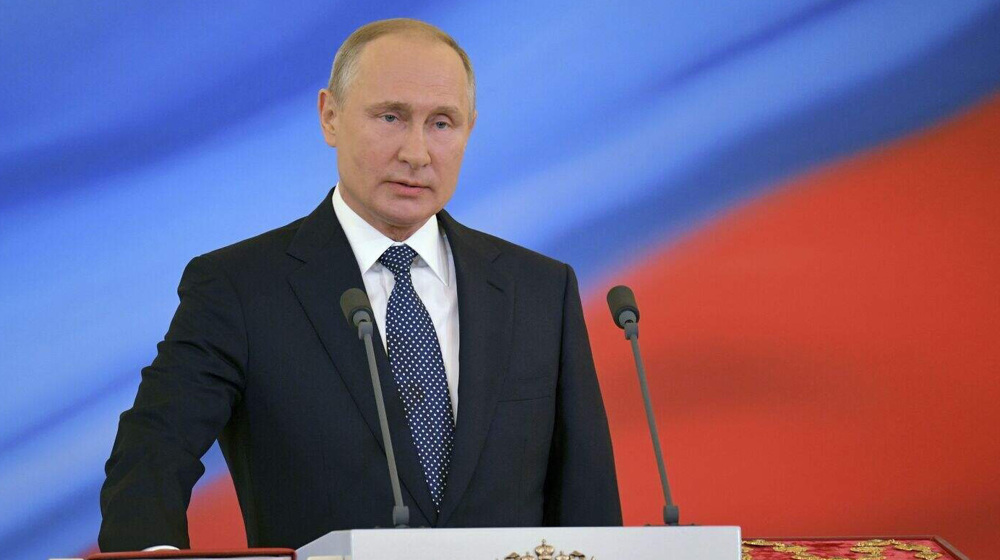US embargo on Cuba will end, Obama says
President Barack Obama says the US embargo against Cuba will eventually come to an end, hailing a “new day” in relations between the former Cold War foes.
Obama, the first US president to visit Cuba in almost 90 years, made the remarks on Monday at a joint press conference with Cuban President Raul Castro following their meeting in Havana.
“The embargo’s going to end,” Obama said, noting even though “I can’t be entirely sure… the path is going to continue beyond my administration.
“The reason is logic. The reason is what we did for 50 years did not serve our interests or the interests of the Cuban people. … If you keep on doing something over and over again for 50 years and it doesn’t work it might make sense to try something new.”

In order for the US embargo to be lifted, Cuba should continue to change its policies and rethink its handling of human rights issues, Obama said.
“As I’ve indicated to President Castro two things I think will help accelerate the case,” he said. “The first is to the degree that we can take advantage of the existing changes that we’ve already made … that will help to validate this change in policy.”
“The second area is human rights,” he continued. “People are still concerned about that inside of Cuba. Keep in mind I’ve got fierce disagreements with the Chinese about Cuba. I’m going to Vietnam. I have deep disagreements with them as well.

Obama expressed hope that both Americans and Cubans can help bring about changes in relations between the two nations.
“What this comes down to is I have faith in people. If they’re talking and interacting and going to school together and doing business together … they will recognize that people are people. And in that context, I believe that change will occur,” he said.
Obama’s measures positive but not enough
"Much more could be done if the US blockade could be lifted," Castro said. "The most recent measures adopted by his administration are positive but insufficient."
He said that Washington and Havana have serious differences over a number of issues, rejecting Obama’s human rights accusations.

“There are profound differences between our countries that will not go away, since we hold different ideas on many subjects, such as political systems, democracy, the exercise of human rights, social justice, international relations, and world peace and stability,” Castro said.
“We defend human rights. We consider that the civil, political, economic and cultural rights are indivisible, interdependent and universal.”
“I don’t think we can use the argument of human rights for political confrontation. That’s not fair. That’s not correct. I’m not saying that’s not honest, or that it’s not part of discussions, but let us work together so that we can all comply with rights."
He further noted that the US government does not try to meet its own people’s needs, criticizing Washington’s double standards with regard to civil rights.
“Actually, we find it inconceivable that a government does not ensure the right to healthcare, education, social security, food, and development, equal pay, and the rights of children.”
In a reference to US human rights abuses in the Guantanamo Bay prison, Castro added that, ”We oppose political manipulation and double standards in the approach to civil rights."
However, Castro said that Havana “is willing to advance toward normalization of relations because it is convinced that both countries can co-exist and cooperate in a civilized manner and for their mutual benefit.”

They can “contribute to peace, security and development in our continent and around the world,” he added.
Obama was in Cuba for a historic two-day visit along with his wife, two daughters, mother-in-law as well as a group of cabinet members, lawmakers and business leaders.
The United States broke off diplomatic relations with Cuba in 1961 and placed an official embargo against the country in 1962.
The two countries became ideological foes soon after the 1959 revolution that brought Fidel Castro to power and their ties remained hostile even after the end of the Cold War.
The Republican-controlled US Congress has been a major opponent of normalization of ties as well as the embargo lift.
VIDEO | Gazans break Ramadan fast amid rubble of their destroyed homes
Tehran reaffirms drive to deepen defense ties with West African countries
US envoy’s remarks on Israeli West Asia expansion shows Muslim world targeted: Houthi
Iran says any agreement with US must fully safeguard national rights, interests
VIDEO | Press TV's news headlines
Trump administration terminates aid programs to seven African countries: Report
IRGC warship back home after long-range deployment for BRICS naval drills
Democrats’ secret ‘autopsy’ report of 2024 election links Harris’ loss to Gaza stance










 This makes it easy to access the Press TV website
This makes it easy to access the Press TV website